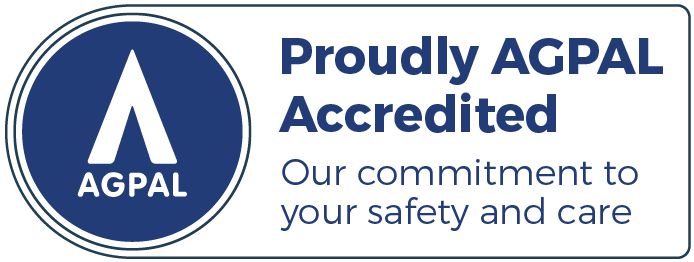
Care Plans - what they are and are not
Have you heard a lot about "Care Plans" or "Chronic Disease Management Plans" or "Team Care Arrangements"? This article will explain what they are and aren't.
A chronic disease management plan (CDM) is a way that some people are entitled to be referred to an allied health provider (healthcare professional who is not a Doctor/Specialist) such as physiotherapist, dietitian etc. The CDM plan entitles the eligible person to Medicare-funded appointments with an appropriate provider to assist with the management of their chronic condition. Without this essential consultation and paperwork a person would need to pay privately to see the provider. The CDM plans are done in a long appointment with one of our practice nurses. The nurse will complete the necessary paperwork to establish a ‘team care arrangement’ (TCA) between your usual GP, your specialist and the allied health provider (s) you need appointments with.
Not everyone meets the strict criteria for a CDM plan set out by Medicare. The eligibility criteria are:
- A chronic disease – a medical condition that has been or is likely to be present for 6 months of more, or indefinite.
- Three care providers - for a relevant TCA to be established it requires a person’s usual GP providing care as well as at least two other health or care providers providing ongoing care for this medical condition.
- Relevant care – the care being requested should be relevant and beneficial for the condition being treated.
- An up-to-date Medicare card holder.
Allied health providers available under Medicare CDM plan include:
- Aboriginal Health Workers or Aboriginal and Torres Strait Islander Health Practitioners
- Audiologists
- Chiropractors
- Dietitians
- Exercise Physiologists
- Occupational Therapists
- Osteopaths
- Physiotherapists
- Podiatrists
- Speech Pathologists
What do I need to do? The regulations are often confusing and unfortunately some people can be given conflicting advice. Sadly rules are rules and we have no power over Medicare rejecting an inappropriate request for a CDM. Obviously we wish to support our patients and work with them to better their health so if you have any queries then please do not hesitate to ask our practice nurses or your usual GP. As a guide here are some examples of appropriate and inappropriate CDM plan requests:
Appropriate
- A person with osteoarthritis of the knee who has been referred to an Orthopaedic Surgeon who suggests some physiotherapy sessions to improve their knee pain and rehabilitation (either before or after surgery).
- A person with high cholesterol and hypertension who sees a cardiologist and needs to see a dietitian (and exercise physiologist) to address their weight and fitness in order to bring their cholesterol and blood pressure down.
- A child with developmental delay who has a paediatrician and whom would benefit from some speech therapy to assist with language skills.
Inappropriate
- A person who has some back pain with no specialist involvement who wishes to see a physiotherapist to help them out. This does not have enough providers involved.
- A person who has cholesterol and hypertension and sees a cardiologist would like some podiatrist because of an ingrown toenail. This care is not related to their chronic condition and so may get rejected by Medicare.
- A person who sees an osteopath for intermittent neck pains who has no other medical problems. Has been told that they can get the osteopath sessions for free if they get a referral from their GP as they are entitled to this through Medicare.


